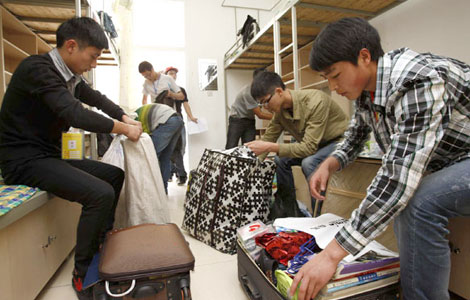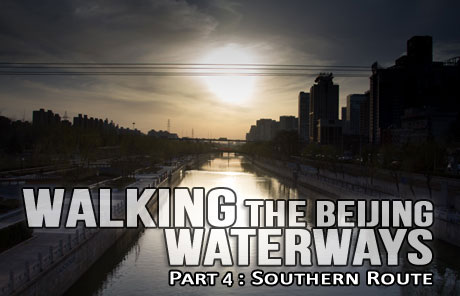The recent baby formula scandal involving Swiss dairy company Hero Group and its distributor in China has left people like me, the father of a 2-year-old girl, extremely worried. Hero's Chinese distributor could face charges for repackaging the contents after mixing them with expired milk powder. This fact has created panic among young children's parents who used to believe that at least foreign baby formula brands could be trusted.
Besides not knowing how to distinguish real foreign products from shams, many Chinese parents and grandparents find it increasingly difficult to purchase foreign-made baby formula from reliable outlets especially after Hong Kong implemented strict regulations in February prohibiting individuals from taking more than 1.8 kilograms of infant formula to the Chinese mainland. People violating the regulations are liable to be imprisoned for up to two years and fined HK$500,000.
In fact, many Chinese parents' need for uncontaminated baby milk powder has sparked a buying spree even in foreign countries, raising local people's concern and prompting governments to impose restrictions. In the United Kingdom and Australia, supermarkets have rationed infant formula in response to the rampant demand of Chinese buyers. They follow the examples set by the United States and New Zealand.
But the more difficult it is to buy uncontaminated baby formula the stronger is the impulse to get it. The melamine-tainted milk scandal that left six children dead and about 300,000 suffering from various diseases in 2008 made many Chinese parents to rely on foreign brands. But quite a few parents like me have been deceived by false claims of some baby formula brands of being foreign based only to find out later that they were established by some mainland enterprises.











